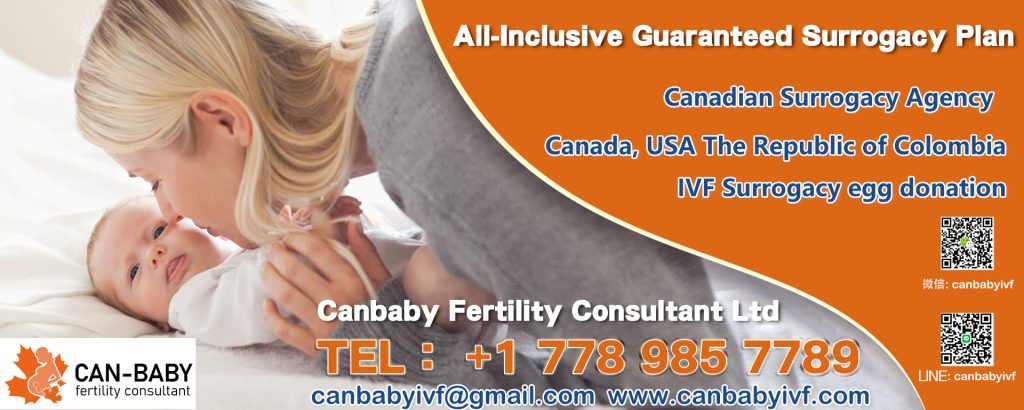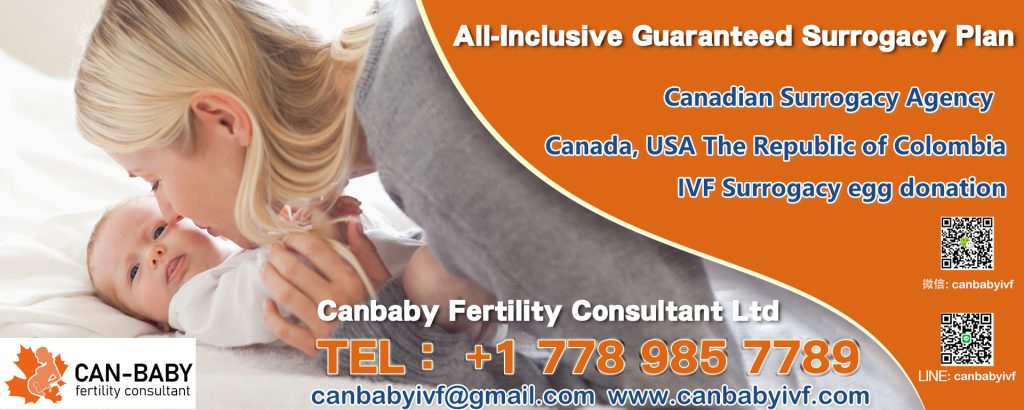
Disclaimer: This article is an original work by Canbaby Fertility Consultant LTD, a Canadian surrogacy consulting company. Reproduction or redistribution without permission is strictly prohibited.
For years, Thailand was considered an affordable and accessible destination for international surrogacy. Canadian intended parents, facing legal and cost-related limitations at home, once looked to Thailand as a promising alternative. However, following a series of scandals, legal reforms, and shifting international attitudes, Thailand is no longer a safe or viable surrogacy option for Canadians. In this article, we explore the legal, ethical, and practical reasons why Thailand has closed its doors to foreign surrogacy and what Canadian families should consider instead.
A Brief History of Surrogacy in Thailand
In the early 2000s, Thailand became a booming hub for commercial surrogacy. IVF clinics and agencies offered affordable packages that attracted intended parents from across the globe, including Canada, Australia, the U.S., and Europe.
But the industry was largely unregulated. Many surrogacy arrangements operated in legal grey zones, with limited protection for surrogate mothers, intended parents, and the resulting children. The lack of oversight eventually led to high-profile international controversies that prompted the Thai government to take urgent action.
The Baby Gammy Scandal: A Turning Point
The international surrogacy industry in Thailand began to unravel after the infamous Baby Gammy case in 2014. An Australian couple hired a Thai surrogate and allegedly abandoned one of the twin babies born with Down syndrome, while taking only the healthy sibling back home.
This incident sparked international outrage and highlighted the lack of legal accountability in Thailand’s commercial surrogacy market. It also exposed how surrogate mothers were often uninformed of their rights and bore the emotional and medical risks without proper support.
In response, Thailand began cracking down on unregulated surrogacy arrangements, especially those involving foreign clients.
Legal Changes: The 2015 Ban on Commercial Surrogacy for Foreigners
In 2015, the Thai government passed new legislation that effectively banned commercial surrogacy for foreigners:
- Only legally married Thai heterosexual couples are allowed to access surrogacy in Thailand.
- Foreigners or unmarried couples are not permitted to engage in any form of surrogacy.
- Commercial surrogacy — where the surrogate is paid beyond medical and reasonable living expenses — is strictly prohibited.
- Violations can result in severe penalties, including jail time and fines for involved parties.
These reforms were designed to protect Thai surrogate mothers from exploitation and ensure surrogacy was only pursued under ethical, medically justified circumstances.
Why Thailand Is Not Safe for Canadian Intended Parents
Despite the affordability that once made Thailand attractive, the country is now legally closed to Canadian families seeking surrogacy. Here’s why:
1. Surrogacy is Illegal for Foreigners
Under current Thai law, Canadians cannot legally pursue surrogacy in Thailand. Any attempt to do so risks:
- Criminal charges for the intended parents, surrogate, and any facilitators;
- Inability to register the baby’s citizenship in Canada or obtain travel documents;
- Potential human trafficking investigations and child protection concerns.
2. No Legal Protection or Enforceable Contracts
Because surrogacy is no longer legal for foreigners in Thailand, any informal or underground arrangements offer zero legal protection. If complications arise — such as custody disputes, surrogate withdrawal, or medical emergencies — Canadian parents would have no recourse under Thai law.
3. Risk of Child Citizenship Issues
In Canada, a child born via surrogacy abroad must be able to prove genetic or legal ties to a Canadian citizen parent. If the surrogacy was conducted illegally or in violation of Thai law, Canadian immigration authorities may refuse to issue a passport or recognize parental rights, delaying or even preventing the child’s return to Canada.
4. No Reputable Agencies or Clinics Operate International Surrogacy in Thailand Anymore
Since the legal changes, nearly all Thai fertility clinics ceased offering surrogacy services to foreigners. Any current offers you see online are likely scams or operate illegally underground, posing enormous medical, legal, and ethical risks.
Ethical Concerns with Commercial Surrogacy in Developing Countries
Apart from legality, many experts and organizations have raised ethical red flags about commercial surrogacy in developing countries like Thailand:
- Exploitation of economically vulnerable women who may not fully understand the medical and emotional implications;
- Lack of psychological counseling, prenatal care, or postnatal support for surrogates;
- Insufficient government oversight, leading to unsafe medical practices.
Canada, while restrictive in its surrogacy laws, prioritizes the protection of all parties involved, especially the surrogate mother and the child. Canadians should carefully consider whether pursuing surrogacy in an unregulated environment aligns with their values and the best interests of their future family.
Alternatives to Thailand for Canadians Seeking Surrogacy
If you’re a Canadian exploring surrogacy abroad, you still have safe and legal options. Countries with clear legal frameworks and a history of ethical surrogacy practices include:
1. The United States
- Several U.S. states such as California, Nevada, Colorado, and Illinois offer legal commercial surrogacy.
- Contracts are enforceable, and surrogate rights are well protected.
- U.S.-born children automatically receive U.S. citizenship and can enter Canada with minimal legal hurdles.
2. Colombia and Argentina (with caution)
- Some Latin American countries have begun offering surrogacy services, but the legal landscape is evolving, and not all jurisdictions are stable or safe.
- Legal advice is essential before proceeding.
3. Canada (Altruistic Surrogacy Only)
- Surrogacy is legal in Canada if the surrogate is not paid beyond reasonable expenses.
- Finding a willing surrogate is often the biggest challenge, but it remains one of the most legally secure options for Canadian families.
Final Thoughts: Put Safety, Legality, and Ethics First
The dream of parenthood is universal, and surrogacy can be a beautiful, life-affirming journey — when done legally and ethically. While Thailand was once a popular destination, it is no longer a safe or lawful option for Canadians. The legal ban, ethical concerns, and potential for irreparable complications make it an extremely risky path.
As a Canadian intended parent, your best course of action is to consult with experienced surrogacy consultants, Canadian immigration lawyers, and reproductive law experts. Whether you pursue surrogacy at home or abroad, your journey should prioritize the health and rights of the surrogate, the security of your child, and full compliance with Canadian and international law.
Keywords: Thailand surrogacy for Canadians, Canada surrogacy laws, international surrogacy Canada, legal surrogacy alternatives, why Thailand banned surrogacy, Canadian parents surrogacy abroad, safe surrogacy countries for Canadians, commercial surrogacy risks, Thailand surrogacy ban, ethical surrogacy Canada

